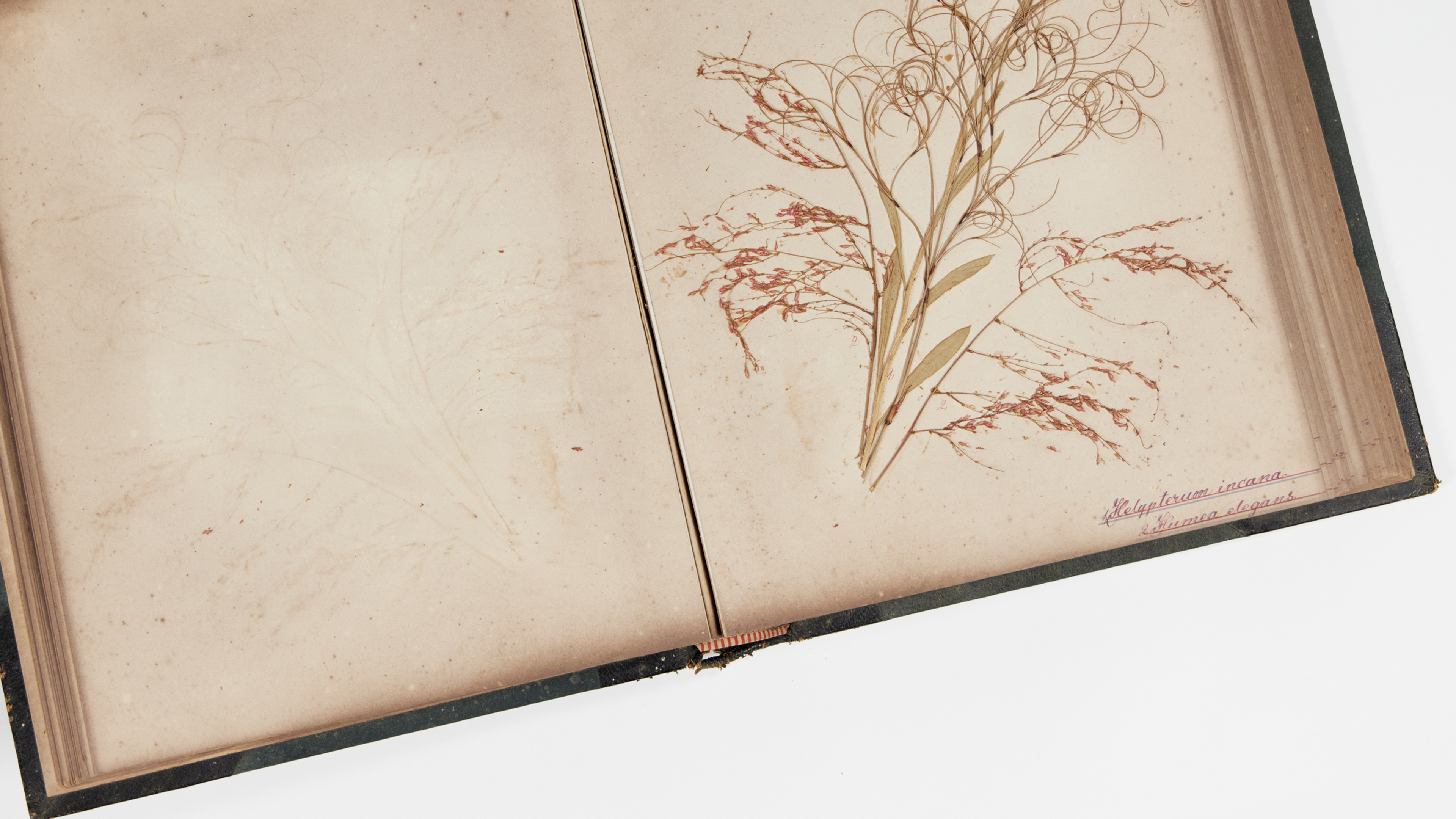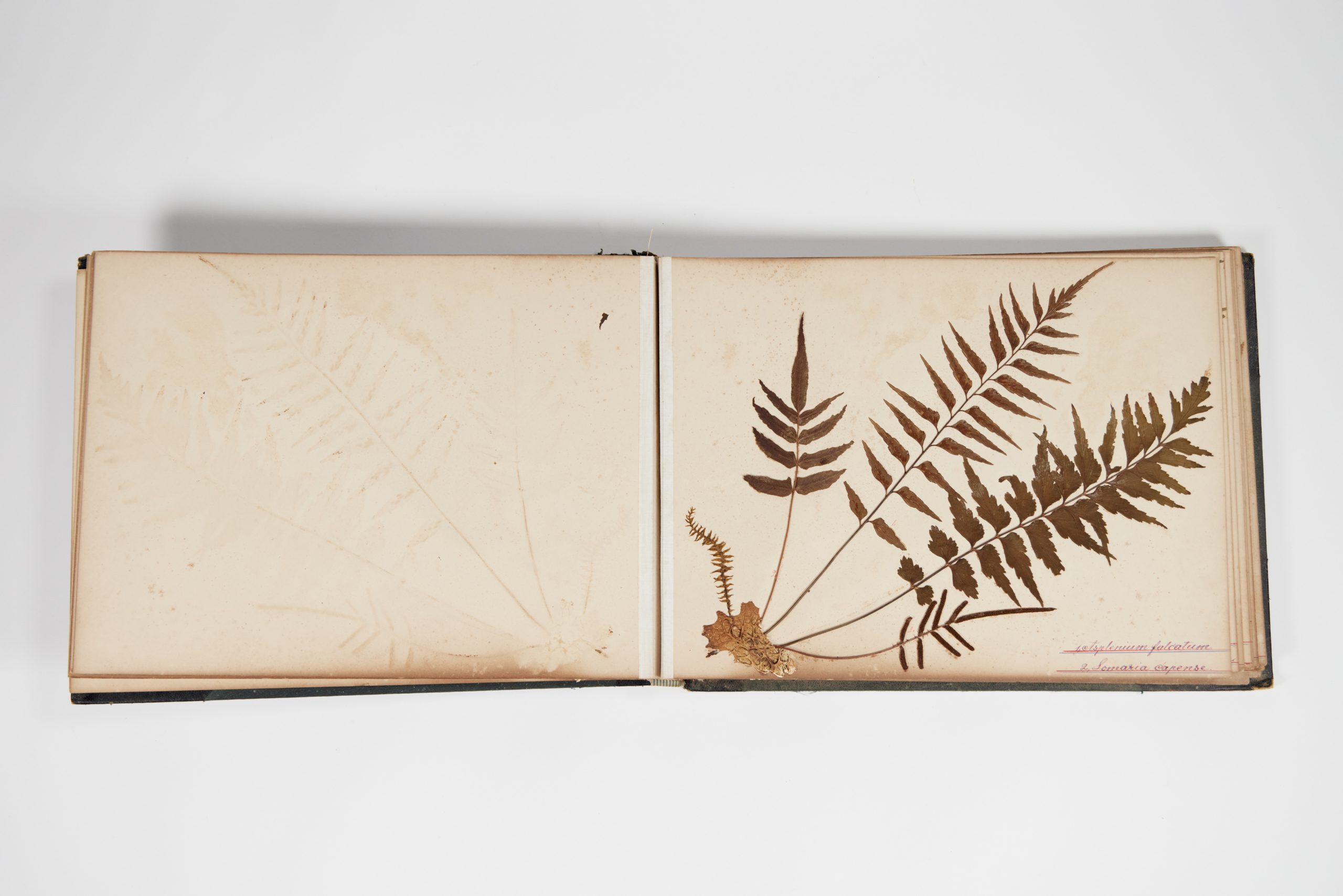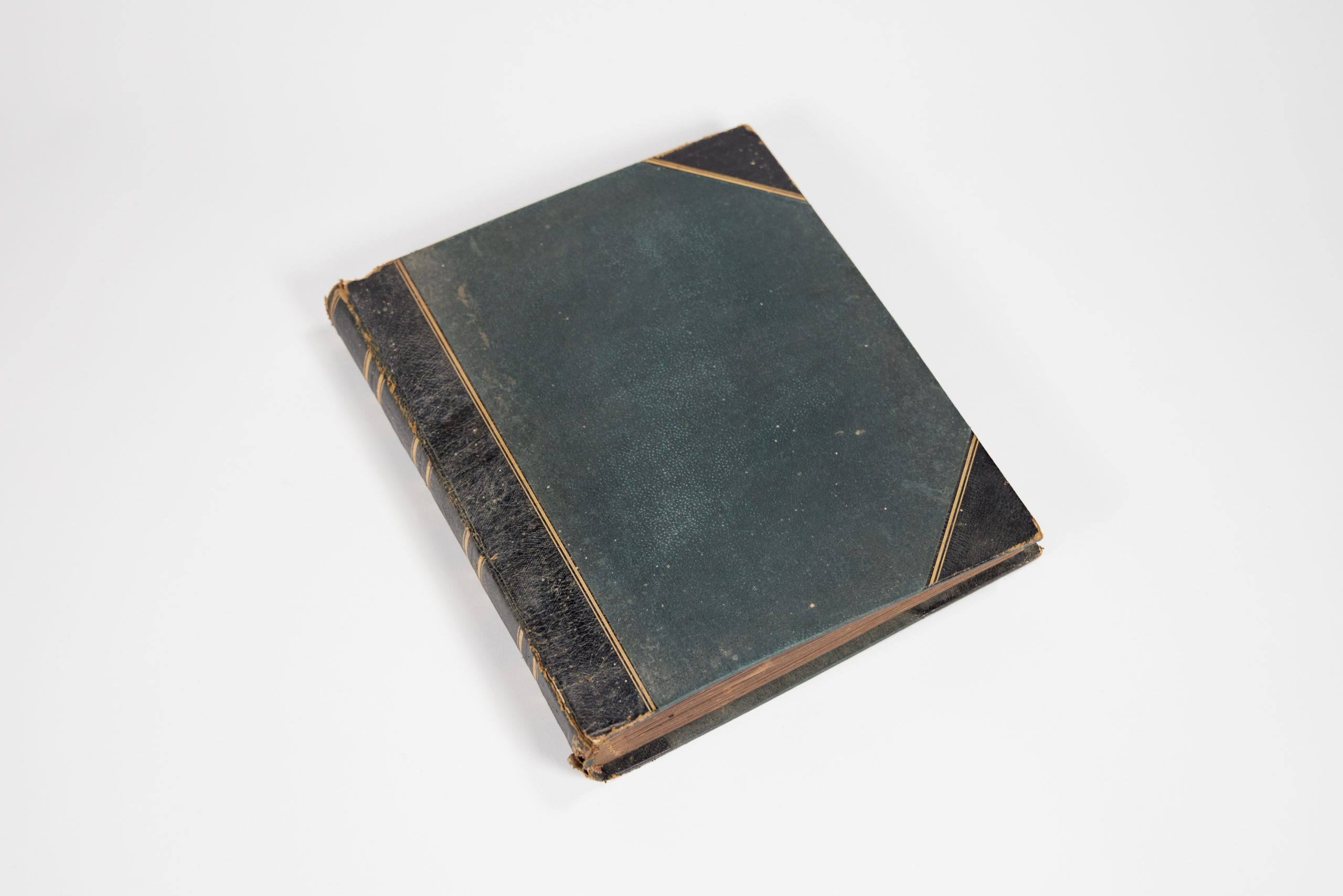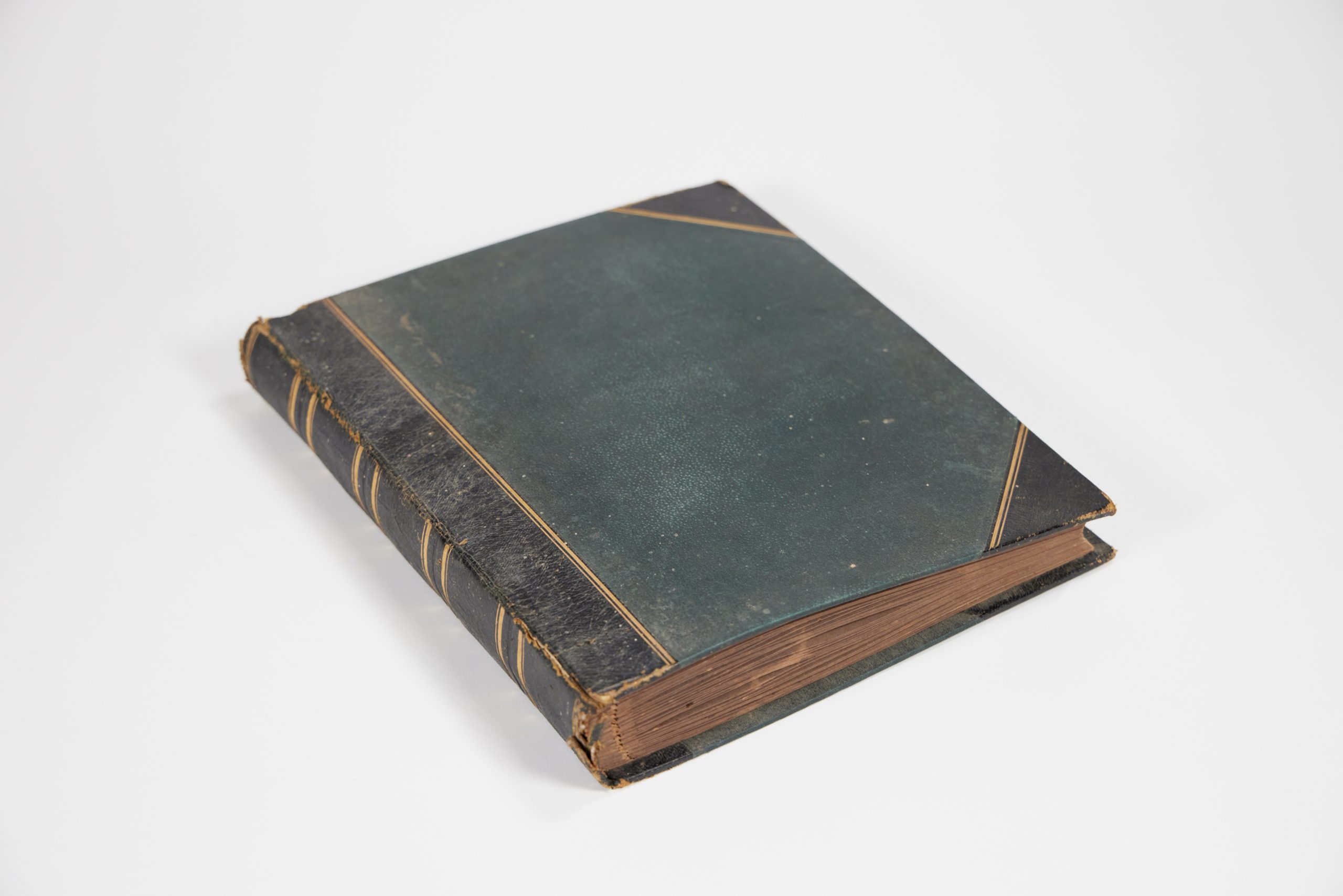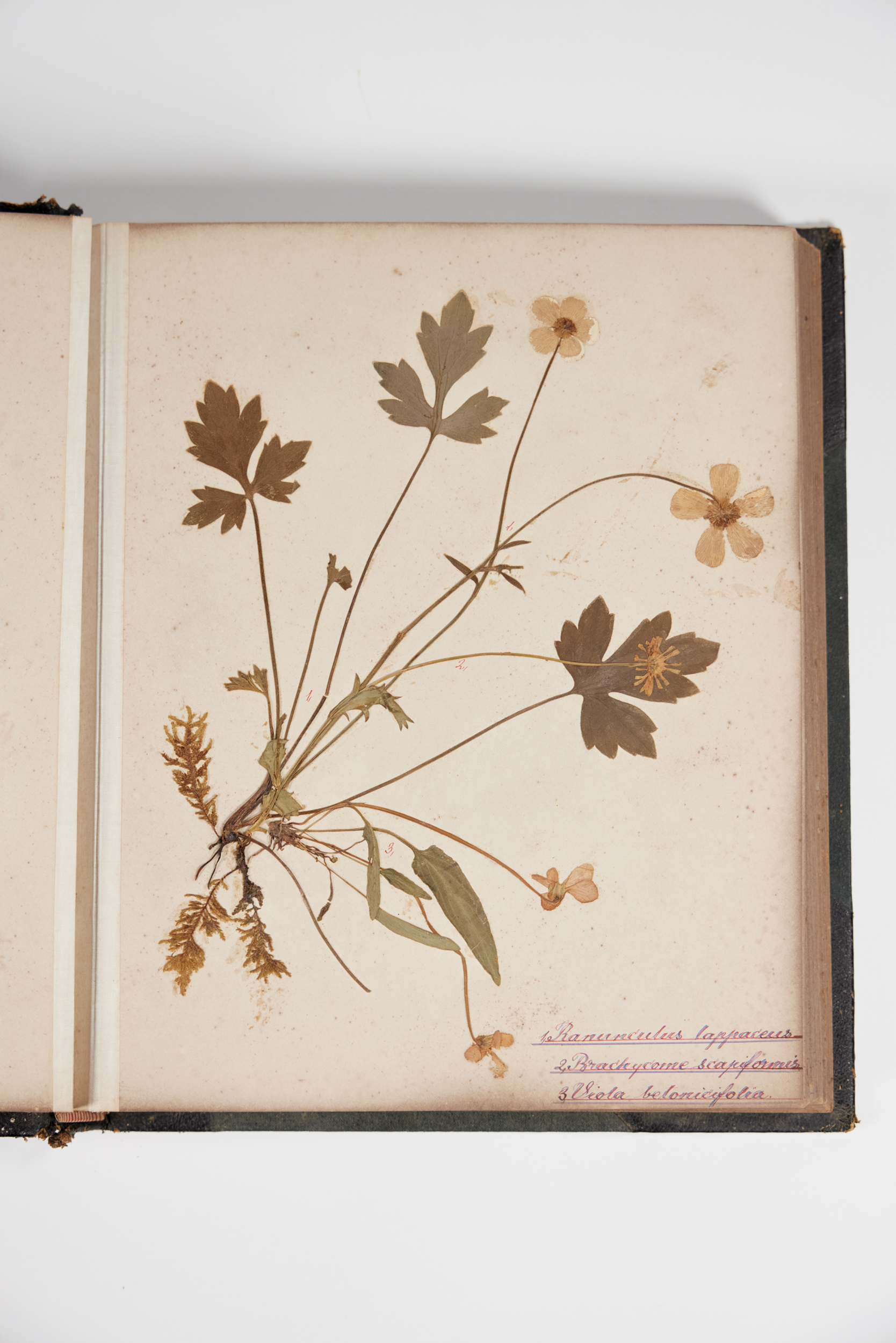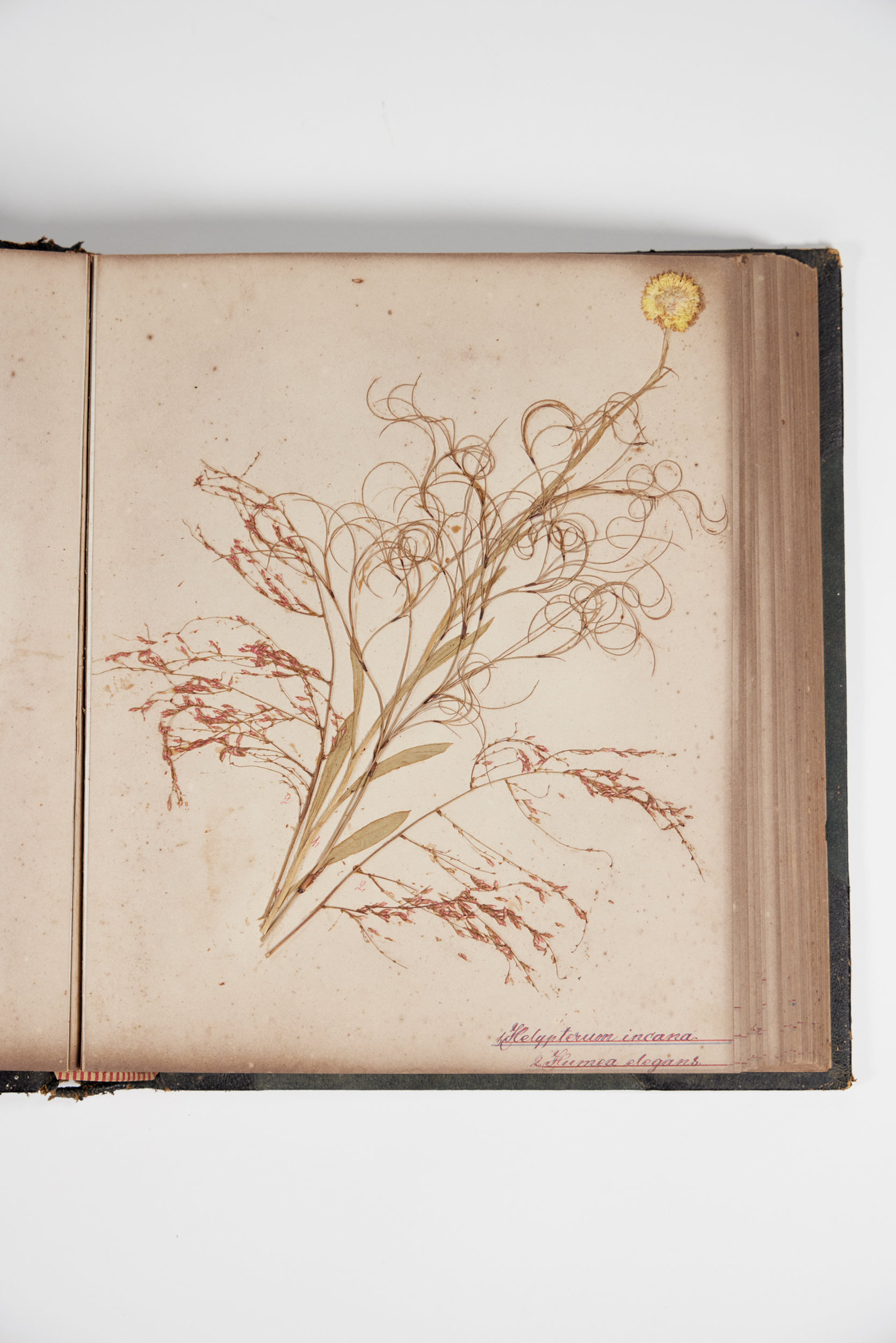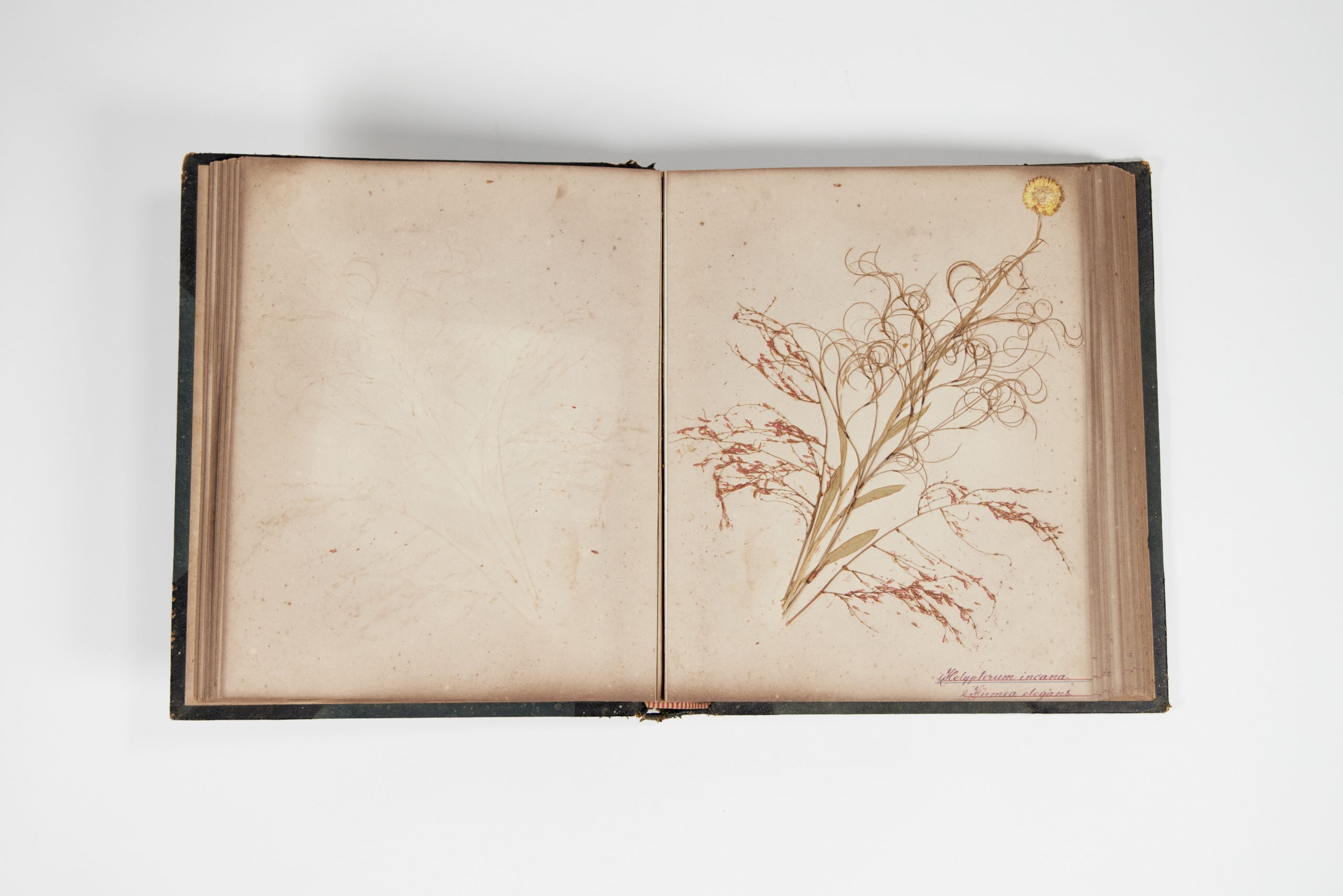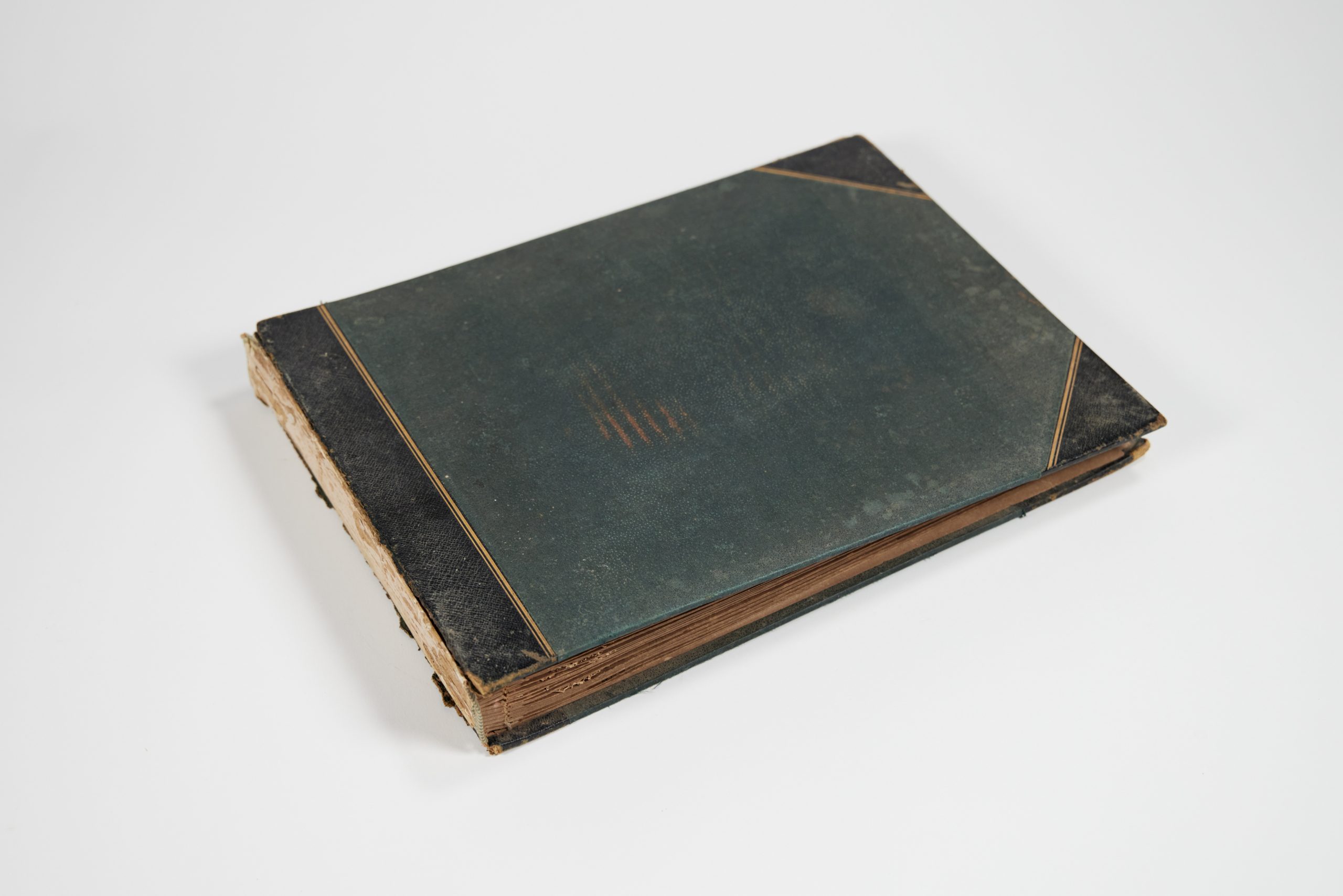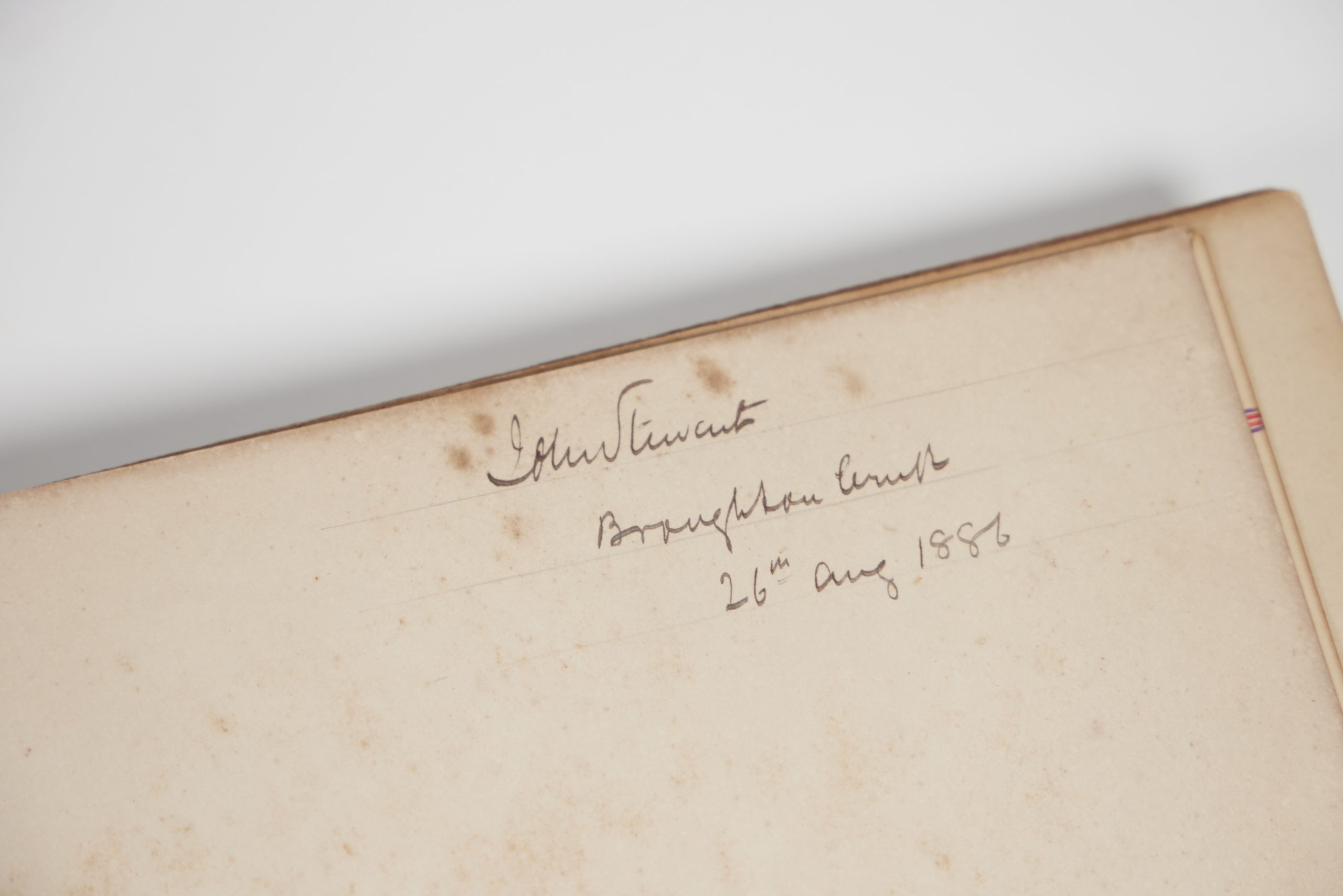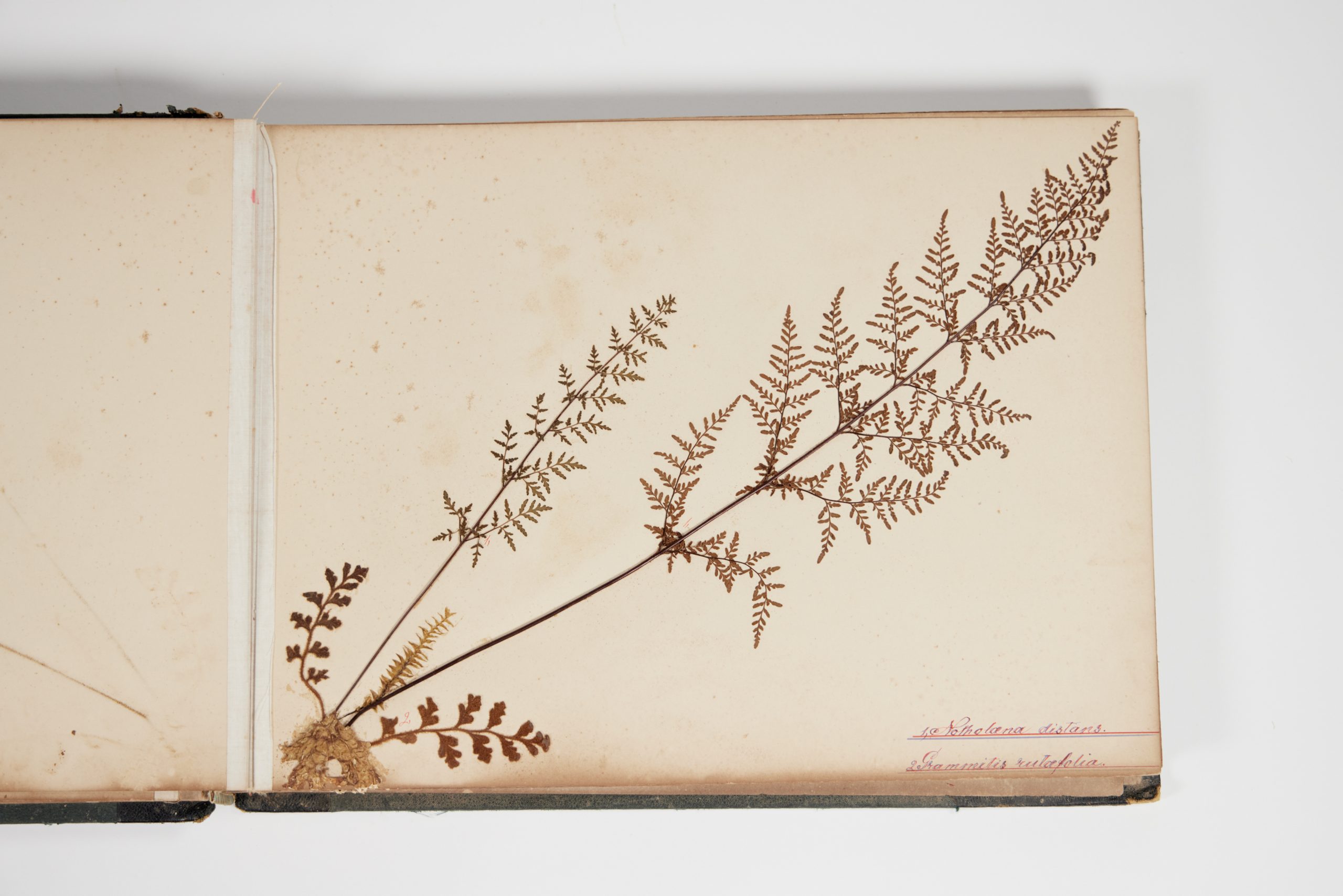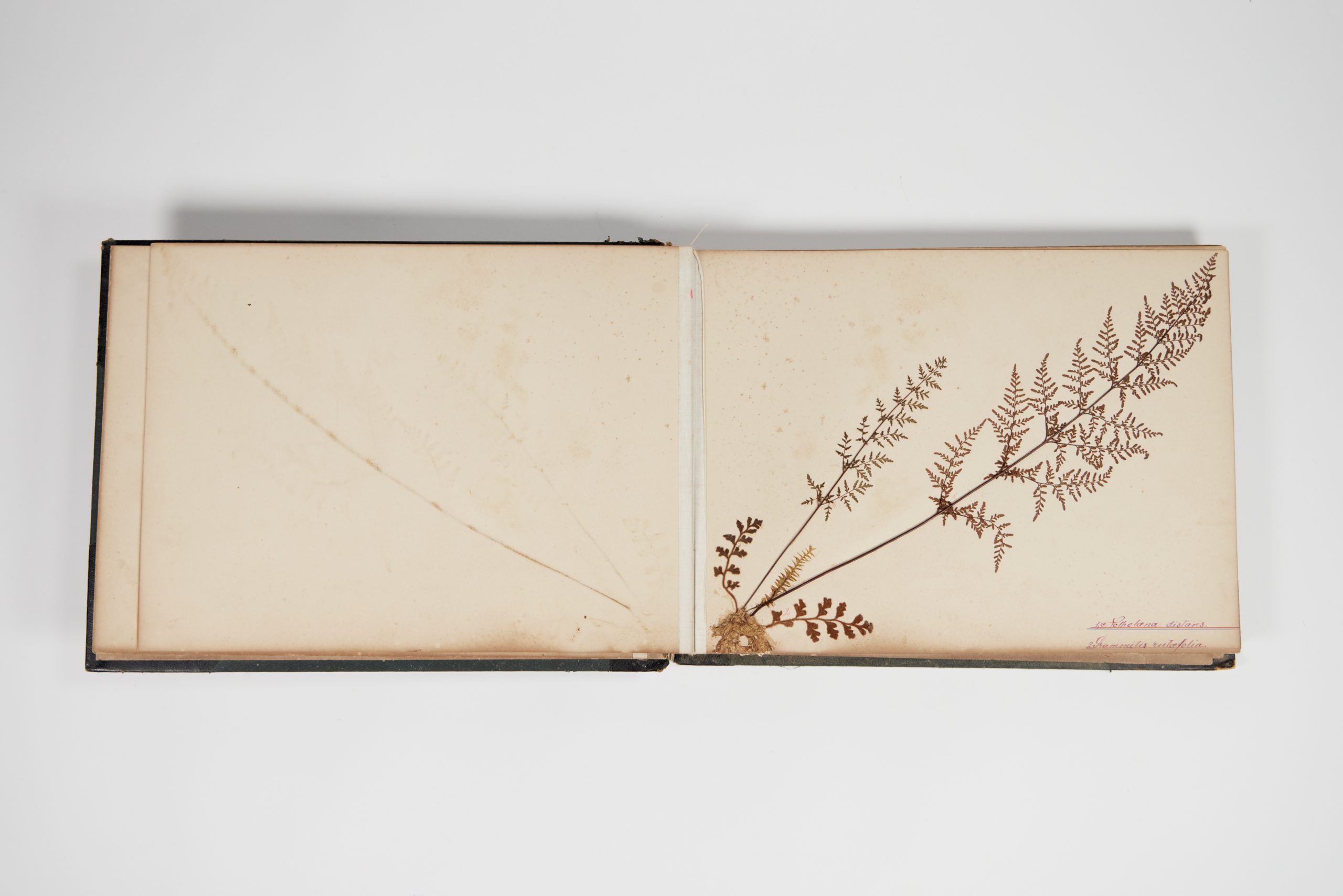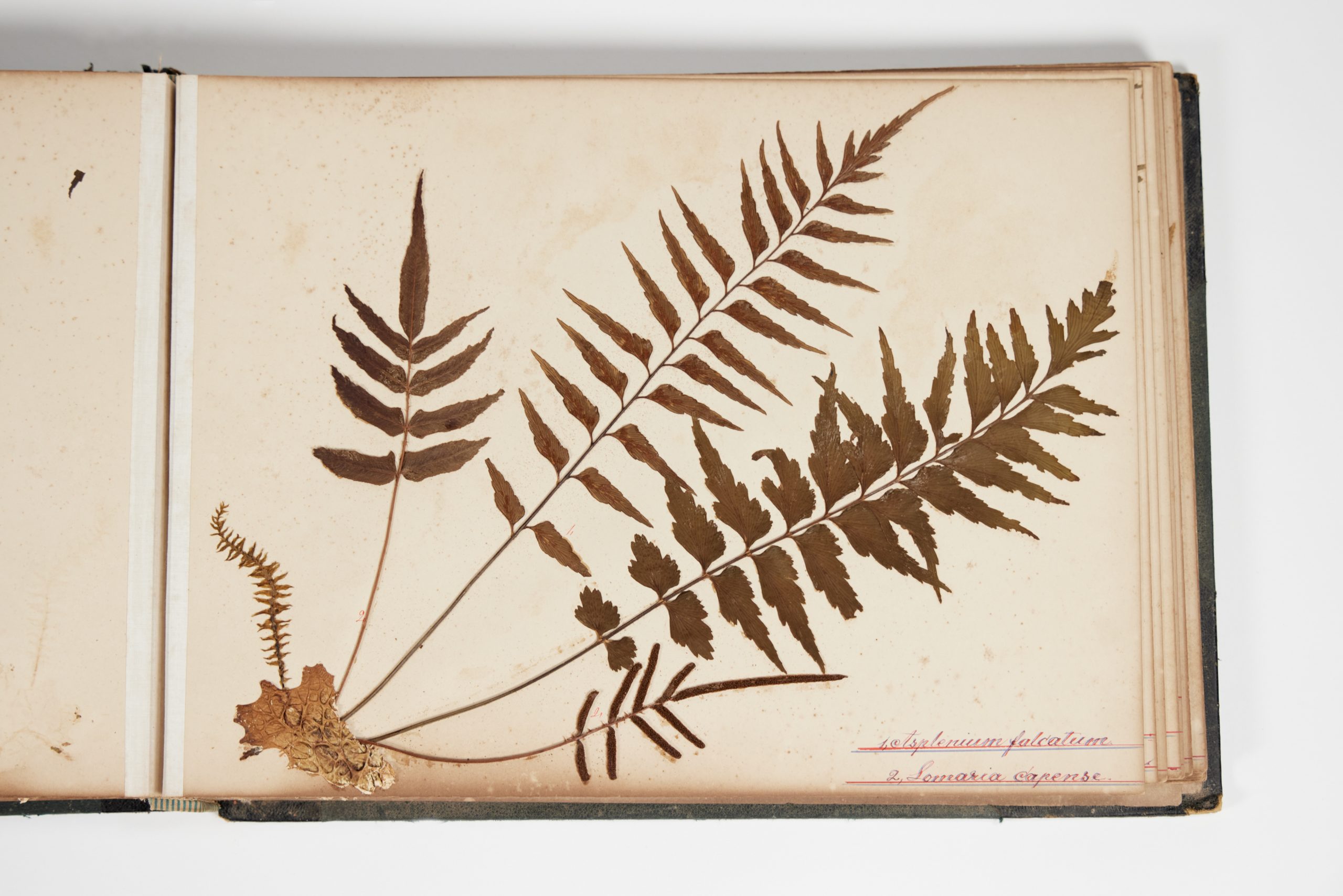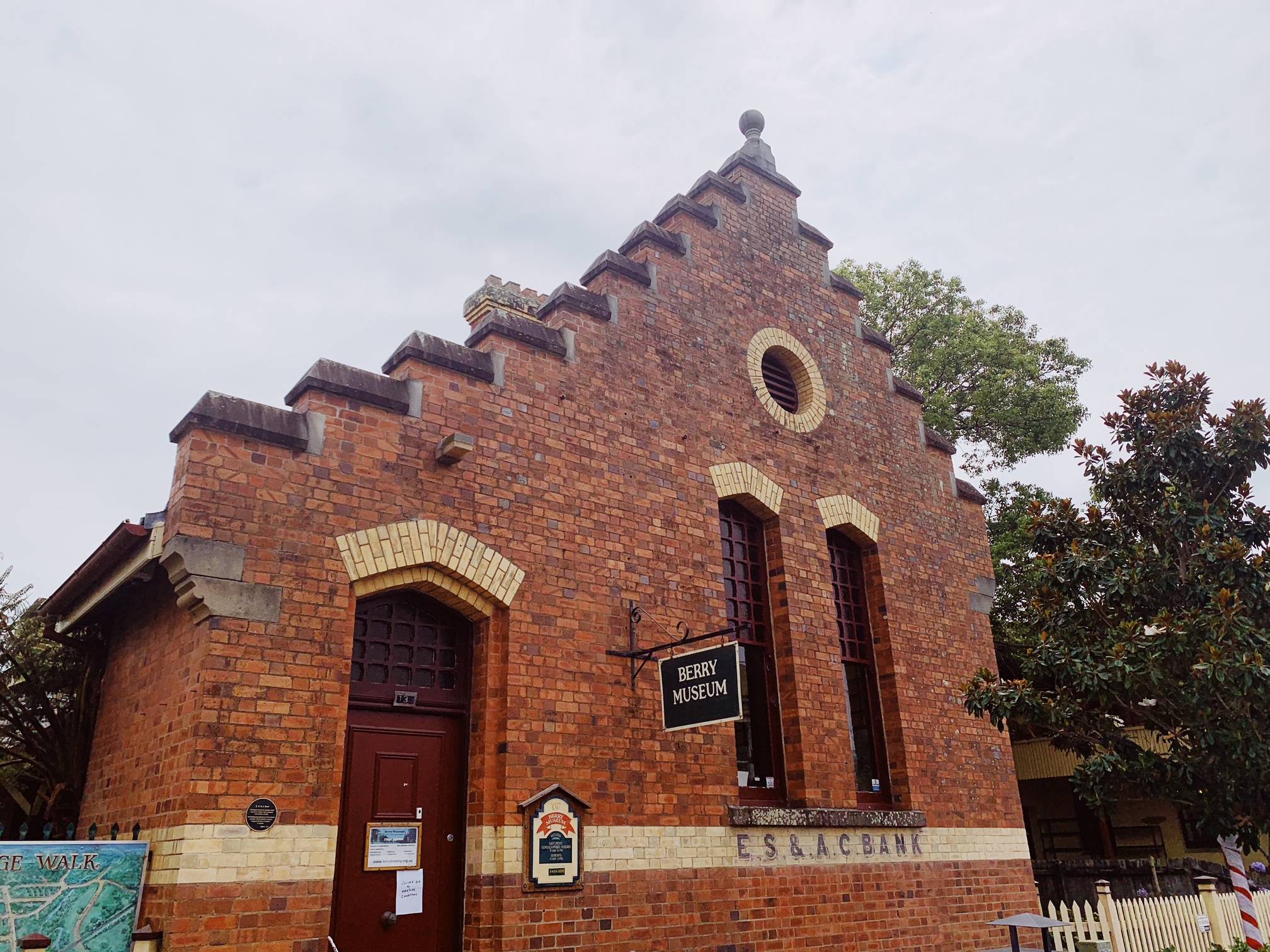Love of the Soil
John Stewart’s Herbarium from Broughton Creek
In 1886 John Stewart of the farm Mananga, Broughton Creek, carefully arranged and pressed buttercups, lilacs, daisies, grasses and ferns in these bound books to create a herbarium. Then he dipped his pen in an inkwell and inscribed his name inside the front covers and recorded the botanical names of the specimens on each page. Herbaria albums had long been popular for scientific study, but what made John preserve these plants?
John Stewart (1845-1932) had arrived at Broughton Creek (later renamed Berry) in 1864, having made the sea journey from Scotland on board the Hornet. He had reached the age of 19 and was following his father, William Stewart (1800-1887), an unmarried former farmer of Middlebridge, near Blair Atholl. John had been raised independently by his mother Ann Campbell (born 1816), at Blarfetty, Blair Atholl, and when John left in 1864, he probably farewelled her for the last time.
At his father’s leasehold farm, Mananga, on the Coolangatta Estate (established 1822), John gained experience in farming and dairying. But he developed a broad interest in local agriculture and community affairs and became a founding member of the Nowra Agricultural Society, Berry Masonic Lodge and the first Berry Dairy Company, served as local mayor and alderman, and became the first registered auctioneer in NSW. After the death of landlord David Berry in 1889, John purchased the Mananga property, and built a new homestead there in 1894, also called Mananga, with views across the farms and hills of the South Coast.
John’s family were long associated with the land and, as the author of John’s obituary wrote, ‘his love of the soil was an innate thing’. Indeed, these beautifully assembled albums suggest a close attachment to the local flora. The year he created them, John became the father of his sixth child, so it is tempting to imagine that the herbarium’s specimens were collected from the paddocks by his children, giving him a sentimental reason to keep them for many years.


